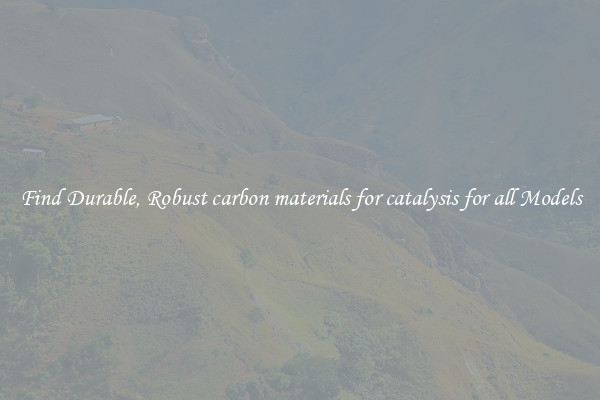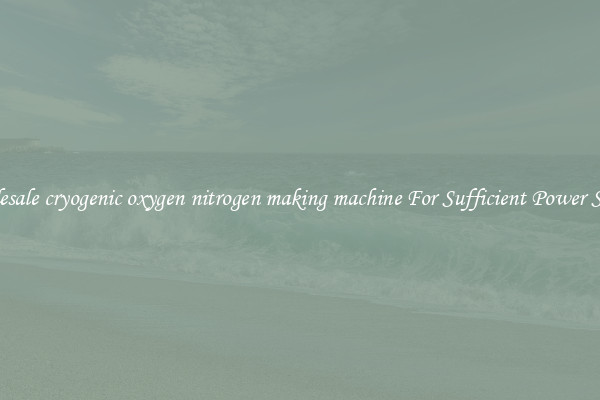Find Durable, Robust carbon materials for catalysis for all Models
Catalysis plays a crucial role in many industrial processes, from the production of chemicals and fuels to environmental remediation. One of the key factors in determining the efficiency and effectiveness of catalytic reactions is the material used as the catalyst. Carbon materials have emerged as promising candidates for catalysis due to their unique properties, such as high surface area, excellent conductivity, and tunable surface chemistry. However, finding durable and robust carbon materials for catalysis that can be used across all models has been a challenge.

To address this challenge, researchers and engineers have been exploring different types of carbon materials, such as carbon nanotubes, graphene, and carbon black, to develop highly efficient and durable catalysts for a wide range of applications. These carbon materials offer distinct advantages, such as high stability, resistance to corrosion, and superior conductivity, making them ideal candidates for catalytic reactions.
One of the key considerations when selecting carbon materials for catalysis is their durability and robustness. In many industrial processes, catalysts are subjected to harsh conditions, such as high temperatures, acidic or basic environments, and mechanical stress. Therefore, it is essential to choose carbon materials that can withstand these conditions without losing their catalytic activity.
Carbon nanotubes, for example, have been shown to possess excellent mechanical strength and stability, making them ideal for catalytic applications in harsh environments. Graphene, on the other hand, offers a large surface area and high conductivity, which can enhance the efficiency of catalytic reactions. Carbon black, a form of amorphous carbon, is also commonly used as a catalyst support due to its high stability and cost-effectiveness.
In addition to their physical properties, the surface chemistry of carbon materials also plays a crucial role in determining their catalytic activity. By functionalizing the surface of carbon materials with different groups or metal nanoparticles, researchers can tailor their catalytic properties for specific reactions and improve their durability and robustness.
Overall, finding durable and robust carbon materials for catalysis is essential for developing efficient and sustainable catalytic processes. By exploring different types of carbon materials and optimizing their surface chemistry, researchers and engineers can create highly effective catalysts that can be used across all models for a wide range of applications.

View details

View details

View details

View details








